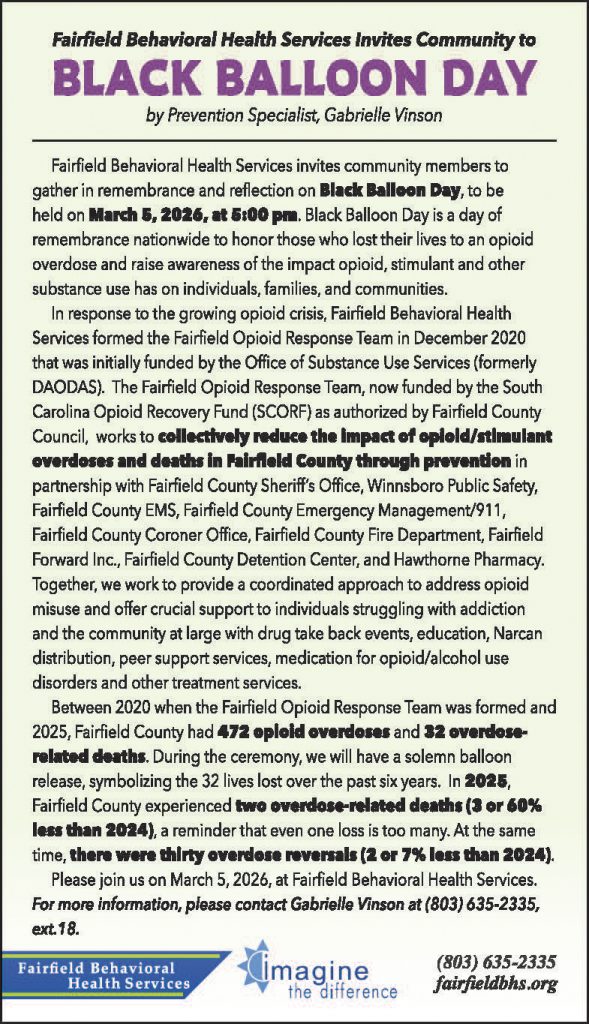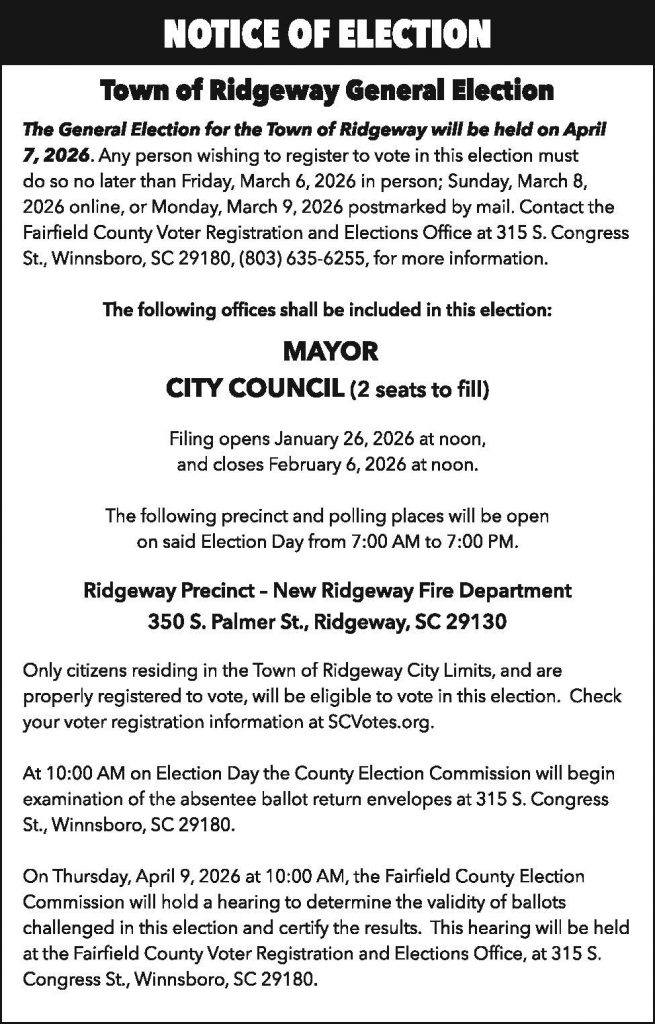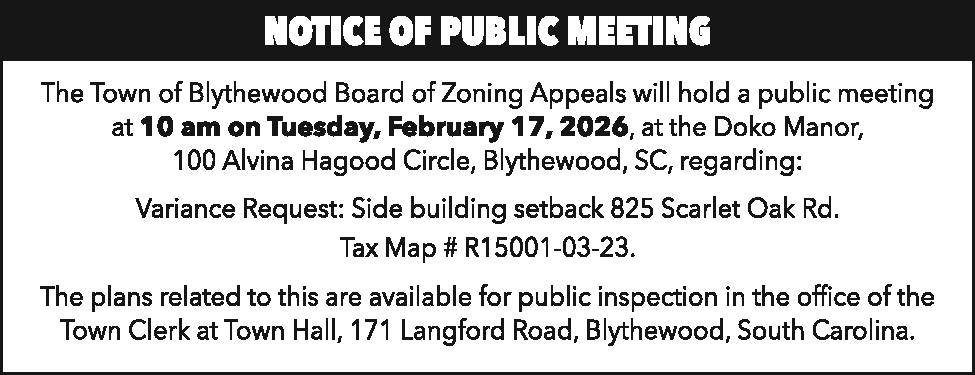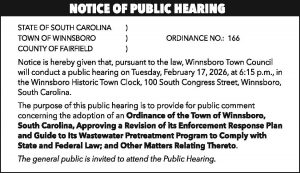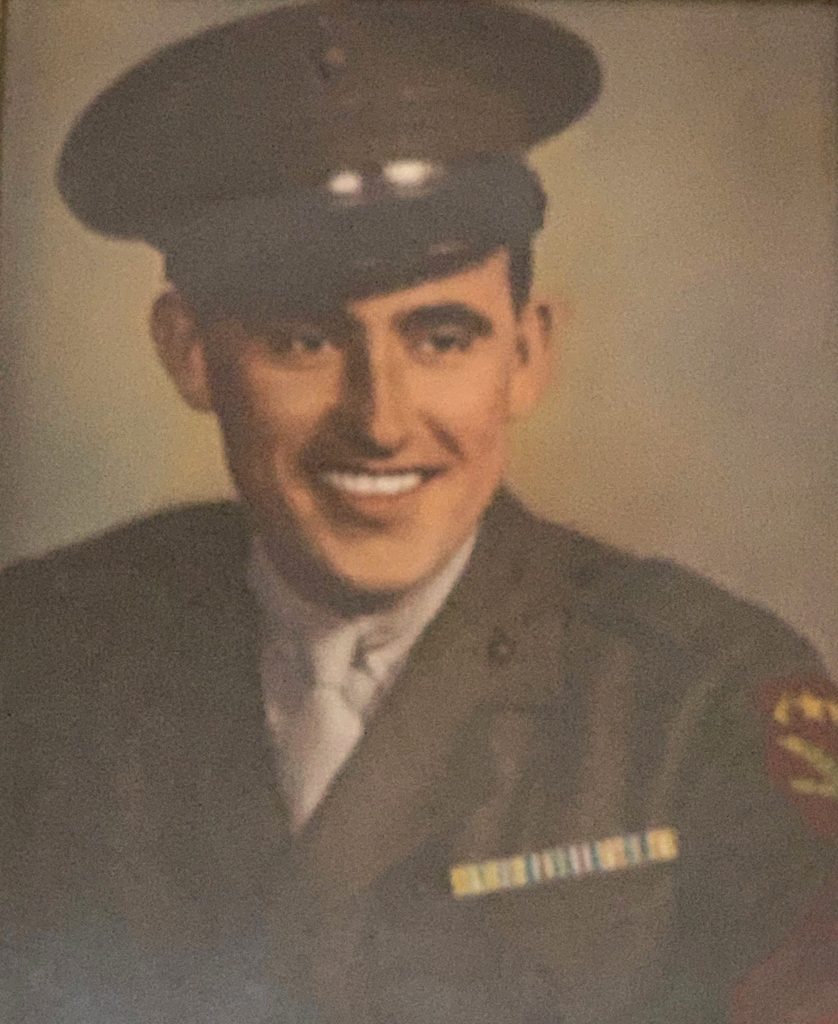
George Lamar Alexander 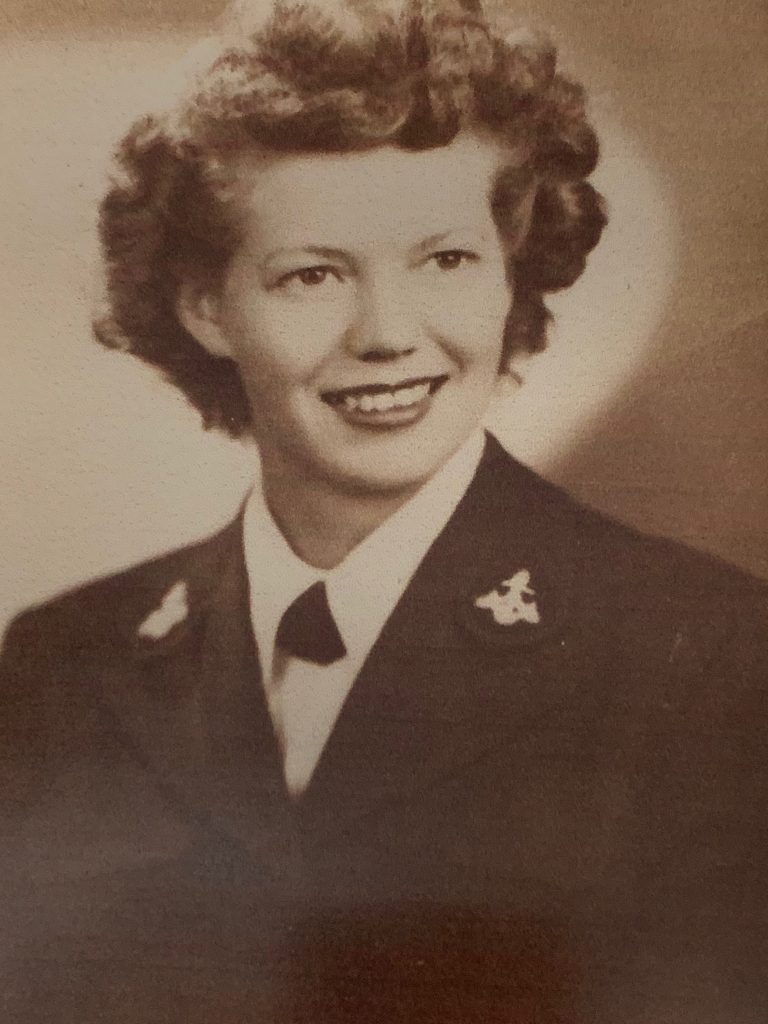
Jacqueline Ortet Alexander 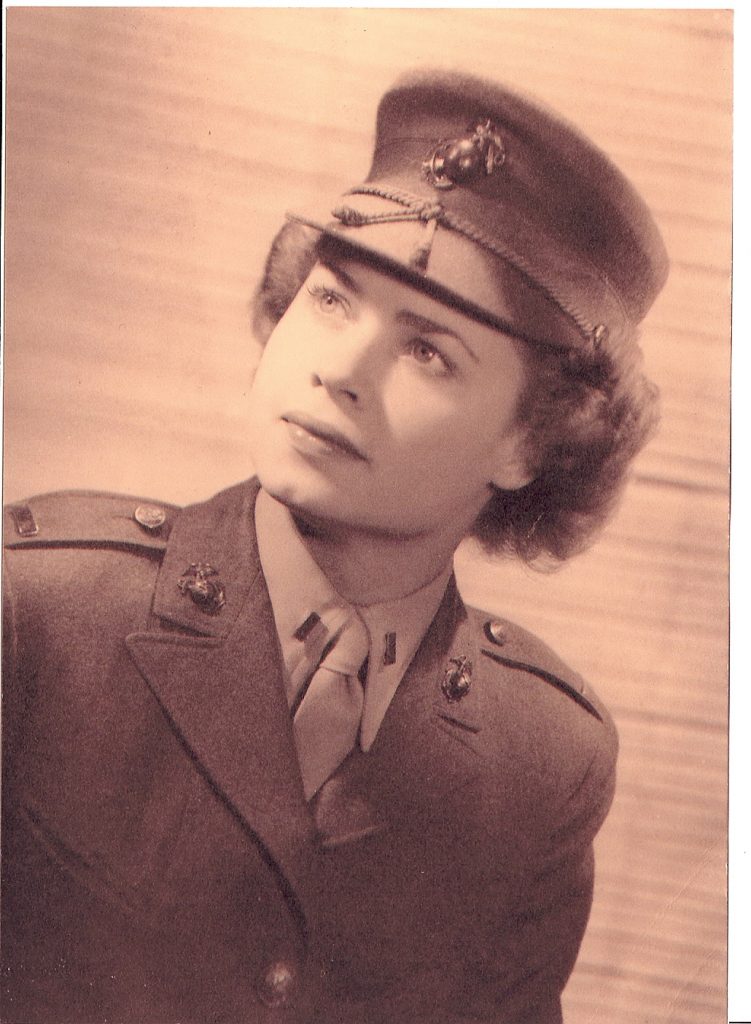
Lavinia Lyles Peltosalo 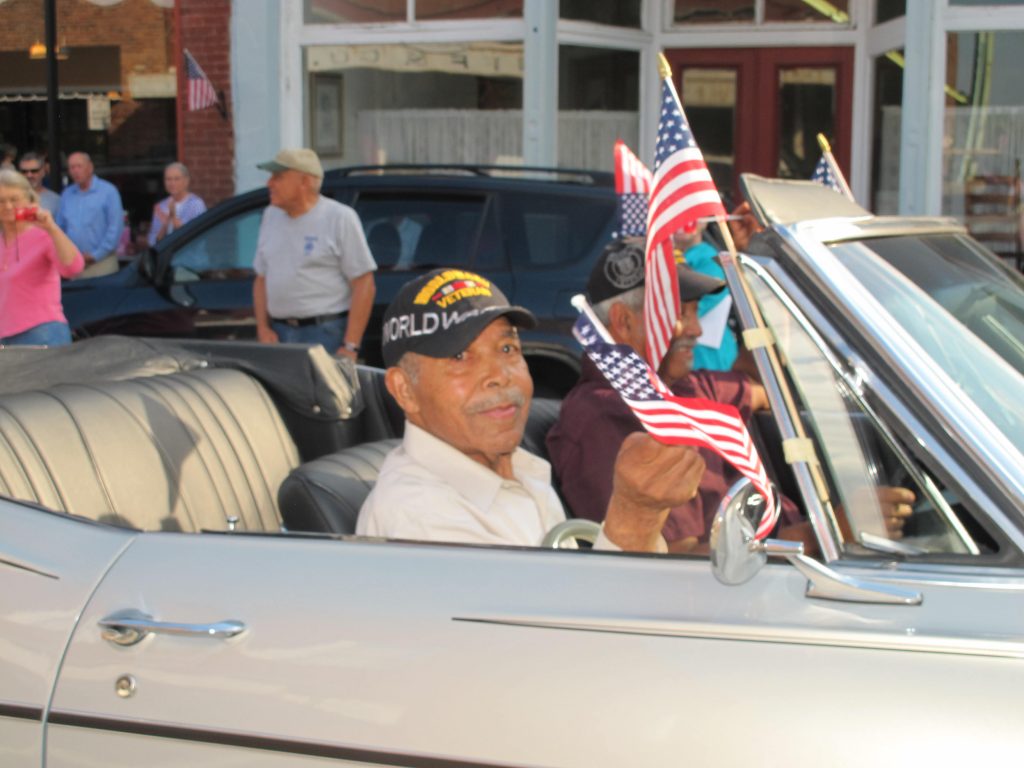
Sidney Squirewell
FAIRFIELD COUNTY – In Fairfield County, just nine people who served in the U.S. military during World War II are still living. The younger ones are in their mid-90s; the oldest, over 100. This Veterans’ Day, the community is holding an event to honor them while they still can.
Just as is occurring across the country, their numbers are dwindling. Up until a few weeks ago, Fairfield County had 11 surviving World War II vets.
The ceremony to recognize them will be held at 10 a.m. Saturday, Nov. 9, at the Mt. Zion Memorial Park in Winnsboro. The guest speaker is scheduled to be South Carolina Attorney General Alan Wilson.
The public is invited, as are the vets themselves; those who are able will attend, while others will be represented by family members. Some are still able to talk about their experiences while others, with ailing health, are not.
“It’s been a long time ago, and I done got old,” joked 101-year-old Sidney Squirewell, when asked to talk about his service. He was 19 when he enlisted in the army – more than 80 years ago – and served nine months in the South Pacific.
Claude Marthers, 94, had a little more to say. His reminiscence about helping to fight the Japanese came in the kind of bits and pieces that often don’t make it into history books- glimpses of Japanese leaders and examples of a murderous belief system that rivaled that of the Nazis. The pride of joining the army – even though he was drafted – because of the awful threat that America’s enemies posed to the world.
Today’s younger generations, he says, are living in a different world from the one he grew up in. He remembers riding a horse to school; they all use computers now.
“I can’t say they’re interested in World War II or what happened to people or anything,” he says. “But I tell you if it hadn’t been for the sacrifices that our people made back in those days and everything, this country wouldn’t be here like it is today.”
He expressed pride, too, in what happened after the war, the way the victorious Americans worked to aid the defeated foes in recovery.
“Right after World War II we started loaning them money and setting them back up in life and everything, and helping them clean up the country,” Marthers said. “That’s what America did. That’s what the American government did…. They [the Japanese] would’ve never done that for America if they’d conquered America.”
Bob Seibels’ mother was a trailblazer. She was a Marine Corps drill instructor during the war, helping train the troops to march. Now 98, Lavinia Lyles Seibels Peltosalo joined up – to the shock and amazement of all her friends – after graduating from the University of South Carolina.
When his mom and uncle used to sit and talk about their wartime service, he says, he spent many hours listening to their stories.
Carlos Alexander, whose father George is also a 98-year-old World War II vet, also recalls the impact of the stories – and the pride when many people over the years would salute his father for his service after a long Marine Corps career.
“I went over there, and I stayed on this little island of Samoa three years,” George Alexander said. He remembers the wrecked planes – the lucky ones – that made it back after difficult bombing runs.
He was a sergeant for a Marine Corps barrage balloon battalion. On the South Pacific island, balloons suspended from the ground high into the clouds served as an early method of defense against hostile aircraft. His brother, an infantry soldier, fought on Saipan – another strategic island.
“It was families that were involved in these things as well – not just individual soldiers,” Carlos Alexander said. “[They were] all the way from South Carolina, tied up in the middle of the Pacific fighting the Japanese.”
He saw, too, how those who’d fought the war together became like family; for many years, his father’s platoon would hold reunions, and he often went along to hear the stories. Today, his father is the only one who’s still alive.
After the war was over, everyone had somebody to mourn – friends they’d grown up with or attended high school with who didn’t make it back, said Swain Whitfield, who often heard his father, Aubrey Whitfield, speak about it.
But for many who survived the war, their service became a springboard for a more prosperous future. After serving as a bomber mechanic in the Army Air Corps – the predecessor of today’s Air Force – Aubrey Whitfield went to college on the GI bill.
It was an opportunity he wouldn’t have had otherwise, and he went on to spend his career as a forester with a large paper company.
These days Aubrey Whitfield, age 96, is “hanging in there,” his son says – but it’s not tough to imagine what another half a decade will do to the population of World War II vets who remain. It’s for that reason, he says, that younger generations should take every opportunity to honor them.
“I think it’s the kind of thing that, in just a few years, they might not be able to do again,” Swain Whitfield said of the planned Nov. 9 ceremony to honor living World War II vets.
“With the age of most of these folks that are left, there’s no time like now,” he said. “It’s a unique opportunity to come out and pay your respects and perhaps even talk to some of these people while the opportunity still exists.”
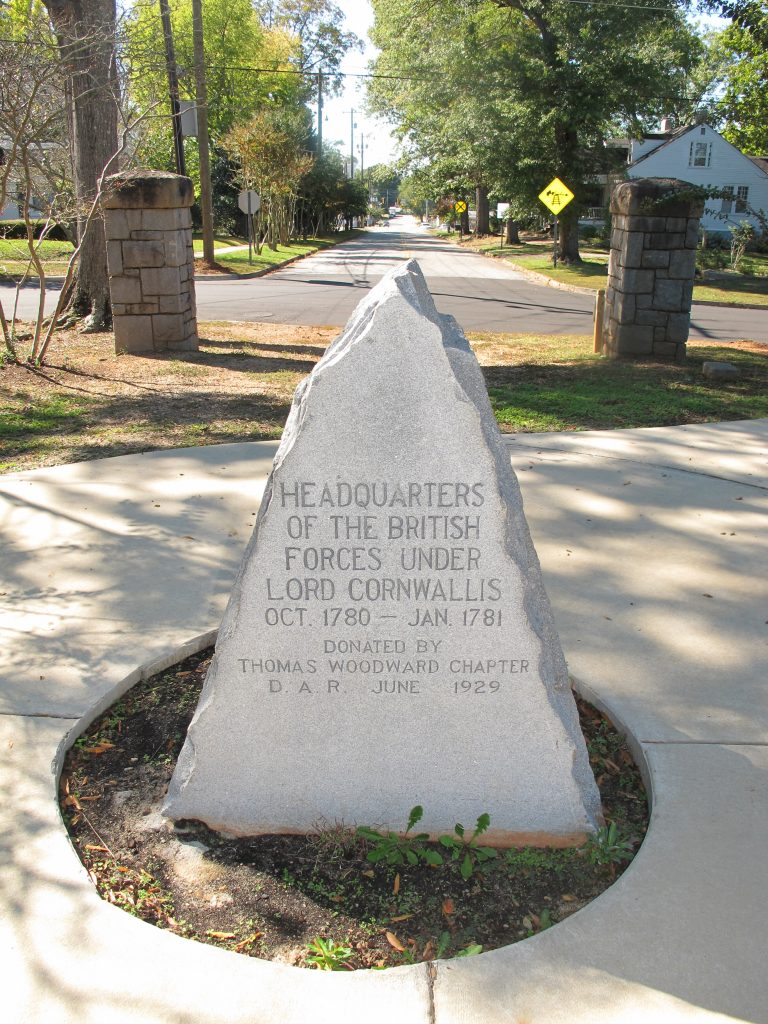
Revolutionary War Memorial 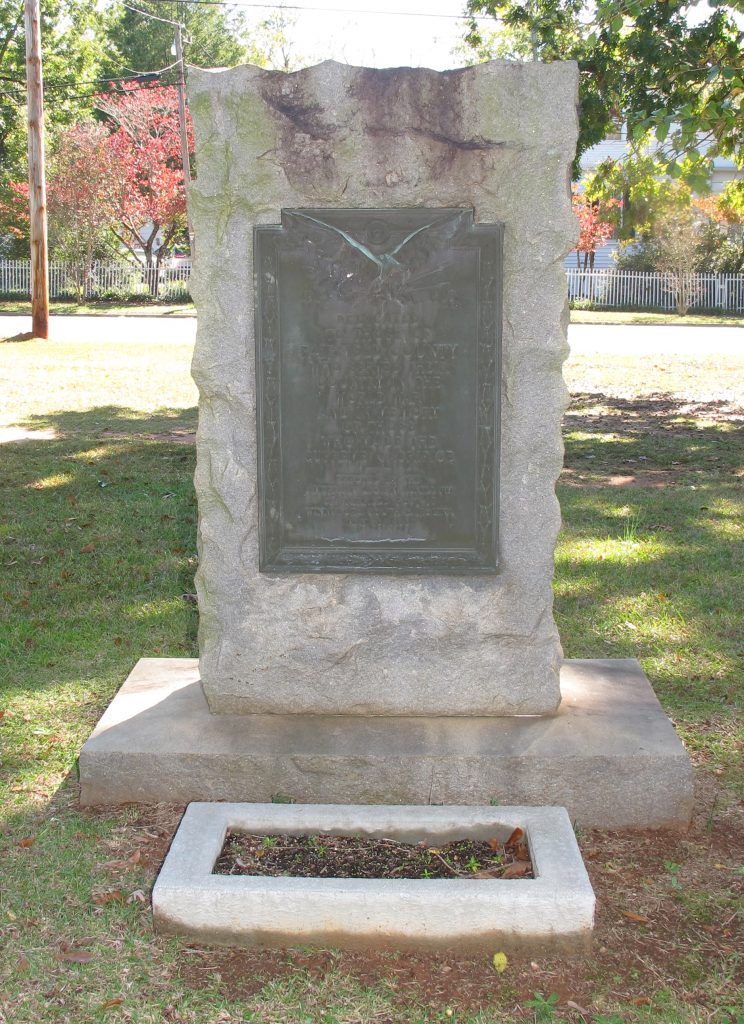
World War I Memorial
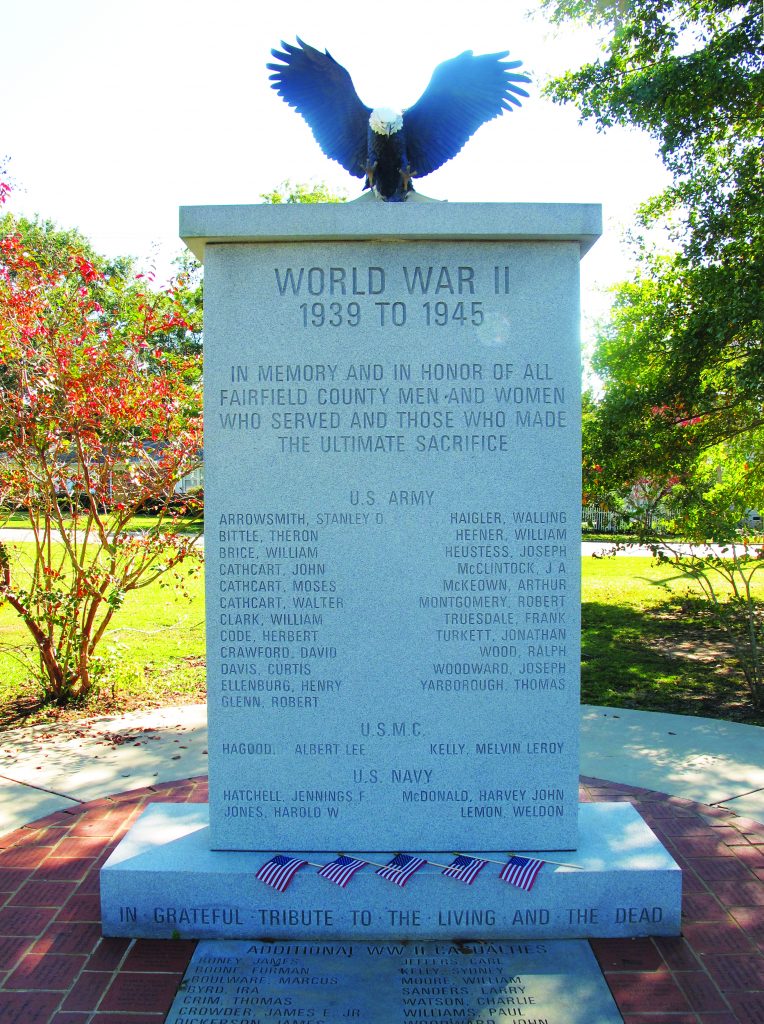
World War II Memorial 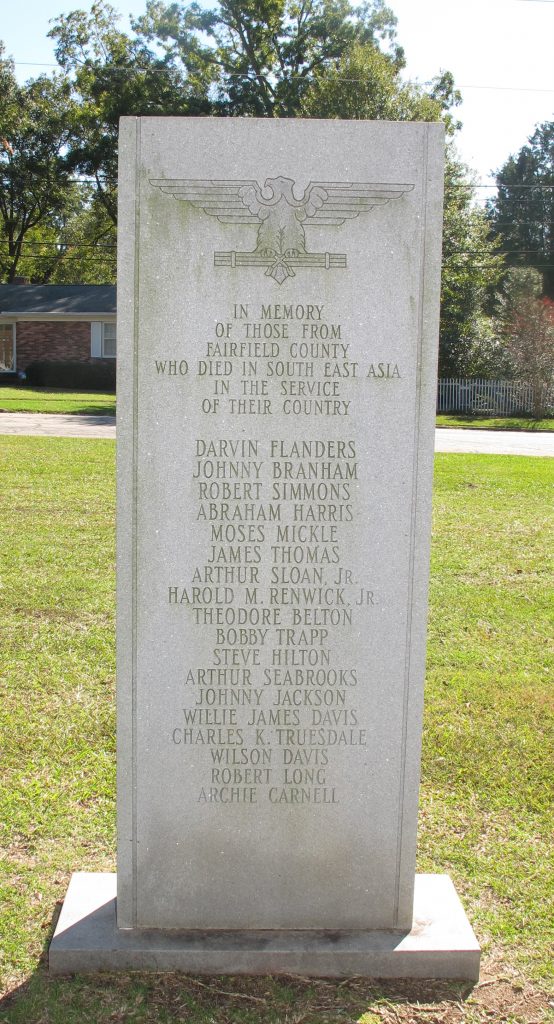
Vietnam Memorial







